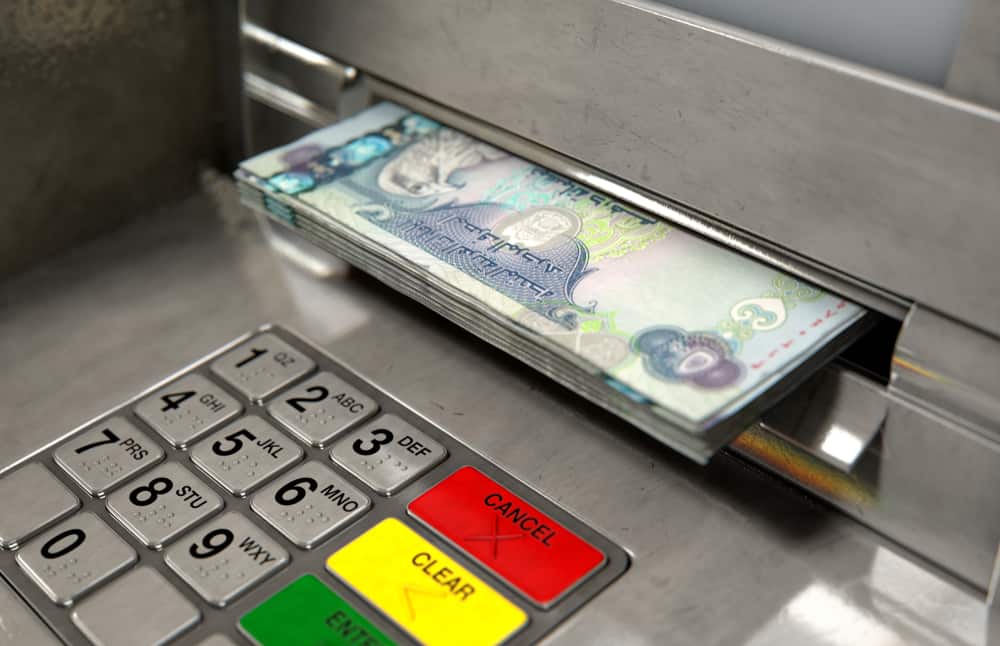UAE Islamic banking assets fall as lender consolidation, macro-economic woes weigh, say analysts
The Islamic banking market share in the UAE in 2019 fell to its lowest level in the last five years as assets dropped, according to Salaam Gateway’s calculation of preliminary 2019 figures from the country’s central bank.
Shariah-compliant banking assets last year decreased by 1.75% to 572.407 billion dirhams ($155.86 billion) compared to 582.576 billion dirhams in 2018.
Puneet Tuli, Credit Rating Analyst-EMEA banks at S&P Global Ratings said the growth was probably impacted by the M&A activity of some of the leading Islamic banks like Dubai Islamic Bank, Noor Bank and Al Hilal.
“Typically, during the year of merger implementation, the growth of the bank slows down a bit as it goes through the different steps leading to the completion of the merger,” he said. Also, in 2019, First Abu Dhabi Bank grew strongly on the back of higher lending to the government and to the GREs.”
Others suggested that the decline can be attributed to Islamic banks’ own decision to scale down their activities.
“Over the past couple of years, there has been a conscious effort by some Islamic banks not to grow aggressively, given the broader macro weakness,” said Angad Rajpal, Head of Fixed Income at Emirates NBD Asset Management.
A UAE-based financial analyst who asked not be named as he is not officially authorised to speak to the media argued that Islamic banks have cut down lending and invested more in sukuk.
“Conventional banks offer a standard product whereas Islamic caters to more specific group,” he said. “In the UAE you have limited venues to lend if you want to protect your non-performing loans [NPLs].”
He added that because Islamic banks pay more for their deposits than conventional banks this added to their cost of funding.
Comparatively, conventional banks last year gained 9.95% in assets to 2.513 trillion dirhams from 2.286 trillion dirhams in 2018.
Total assets of all banks in the UAE rose 7.58% to 3.086 trillion dirhams compared to 2.869 trillion dirhams at the end of 2018.
Banking growth for both conventional and Islamic banks in the UAE has been around mid-single digit, said Angad Rajpal. “[Therefore], we’ve seen banks expand beyond their borders to seek growth. For example ENBD recently acquired (Turkey’s) Denizbank and Qatari banks have earlier acquired some lenders in Turkey to grow their loan book.”
Shariah-compliant domestic loans, advances, overdrafts and real estate mortgage loans, all of which account for a substantial proportion of assets, dropped by 3.28% in 2019 to 285.753 billion dirhams from 295.453 billion dirhams in 2018.
Notwithstanding the demand for US dollar Islamic assets like sukuk, and apart from specific bank related idiosyncratic decline, the fall of Islamic banking assets in 2019 also highlights the impact of higher interest rates in 2018 where both assets and liabilities were under some pressure, notes Rajpal.
“Another reason is that a portion of the lending of Islamic banks has been to the real estate and construction sector which has been under pressure for the last few years,” he said. “I think it’s more due to market dynamics rather than specifically related to Islamic banks. Overall, we expect the loan sector to be slow in 2020-2021 and this is broadly in line with the large UAE banks’ guidance so far.”
Conventional loans, advances, ODs and real estate mortgages nudged up by 1.02% to 797.349 billion dirhams.
Overall, conventional domestic credit and investments surged 7.54% to 1.372 trillion dirhams while Islamic banks saw this category drop by 2.29% to 383.746 billion dirhams.
60 national, foreign and wholesale banks are licensed to operate in the UAE, according to central bank data. 21 are locally-incorporated, five of which are standalone Islamic banks—Dubai Islamic Bank (acquired Noor Bank in January), Emirates Islamic, Abu Dhabi Islamic Bank, Sharjah Islamic Bank, and Ajman Bank—while many others have Shariah-compliant subsidiaries or offer Islamic banking and financial products and services.
Looking ahead, Puneet Tuli of S&P Global Ratings said that once the mergers are completed, he expects growth to resume but to remain confined to a single digit number.
“The economy will grow at a slightly higher rate in 2020 compared with 2019 but the growth remains overall moderate compared with historical performance,” he said.
UAE regulators introduced the Higher Sharia Authority a couple of years ago and mandatory compliance with AAOIFI standards.
However, unlike jurisdictions such as Malaysia, Puneet Tuli said that the regulation in the UAE is still unclear about the treatment of investment accounts and whether these are truly loss absorbing or not.
“I think the system would benefit from higher clarity on the treatment of these instruments.”
(Reporting by Hassan Jivraj; Editing by Emmy Abdul Alim emmy.abdulalim@salaamgateway.com)
($1 = 3.6725 Emirati dirhams)
© SalaamGateway.com 2020 All Rights Reserved
